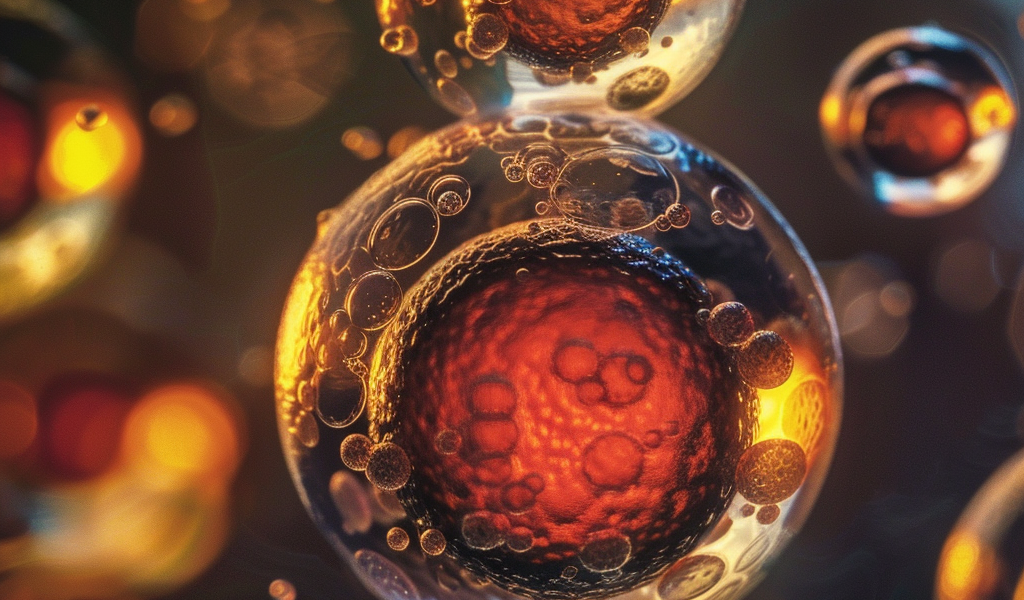Path to Sperm Success Illuminated by Discovery of Male Fertility Gene
February 14, 2024
Scientists from the University of Edinburgh and elsewhere have identified a novel gene that works as part of a pair to protect male fertility. Understanding how the two genes work together could explain the basis of some severe cases of male infertility. Full details of the findings were published this week in Molecular Cell in a paper titled,
“C19ORF84 connects piRNA and DNA methylation machineries to defend the mammalian germ line.”
Genetic analysis of cases of male infertility revealed that rare mutations in the SPOCD1 gene disrupt the formation of healthy sperm during the earliest stages of their development. This gene works in partnership with the previously unknown C19orf84 gene to protect early-stage precursors to sperm cells from damage.
“This was a wonderful collaborative project that led to the discovery of new genetic causes of male infertility,” according to Dónal O’Carroll, PhD, group leader at the University of Edinburgh’s Center for Regenerative Medicine and lead author of the study. “We also advanced our understanding of a process that is fundamental to healthy sperm cell development. These mechanistic insights are leading to a better understanding of the elusive process that allows developing sperm to preserve their genetic integrity and escape an early death.”
The team knew from a prior study in mice that SPOCD1 activity protects germ cells from damage during development, but it was unclear whether the same process occurred in humans. To find those answers, in this study, the scientists looked at the genetic data from over 2,900 men involved in infertility studies. The dataset included men with conditions like cryptozoospermia and azoospermia, where little or no sperm is produced. These conditions affect around one percent of men. Forty-five percent of cases have no known cause but scientists suspect a genetic basis.
From the data, the researchers identified three men with faulty versions of the SPOCD1 gene and observed that they had damaged germ cells that prevented healthy sperm development leading to infertility. This also found that men with faulty versions of the SPOCD1 gene had the most severe forms of infertility, azoospermia, and c





